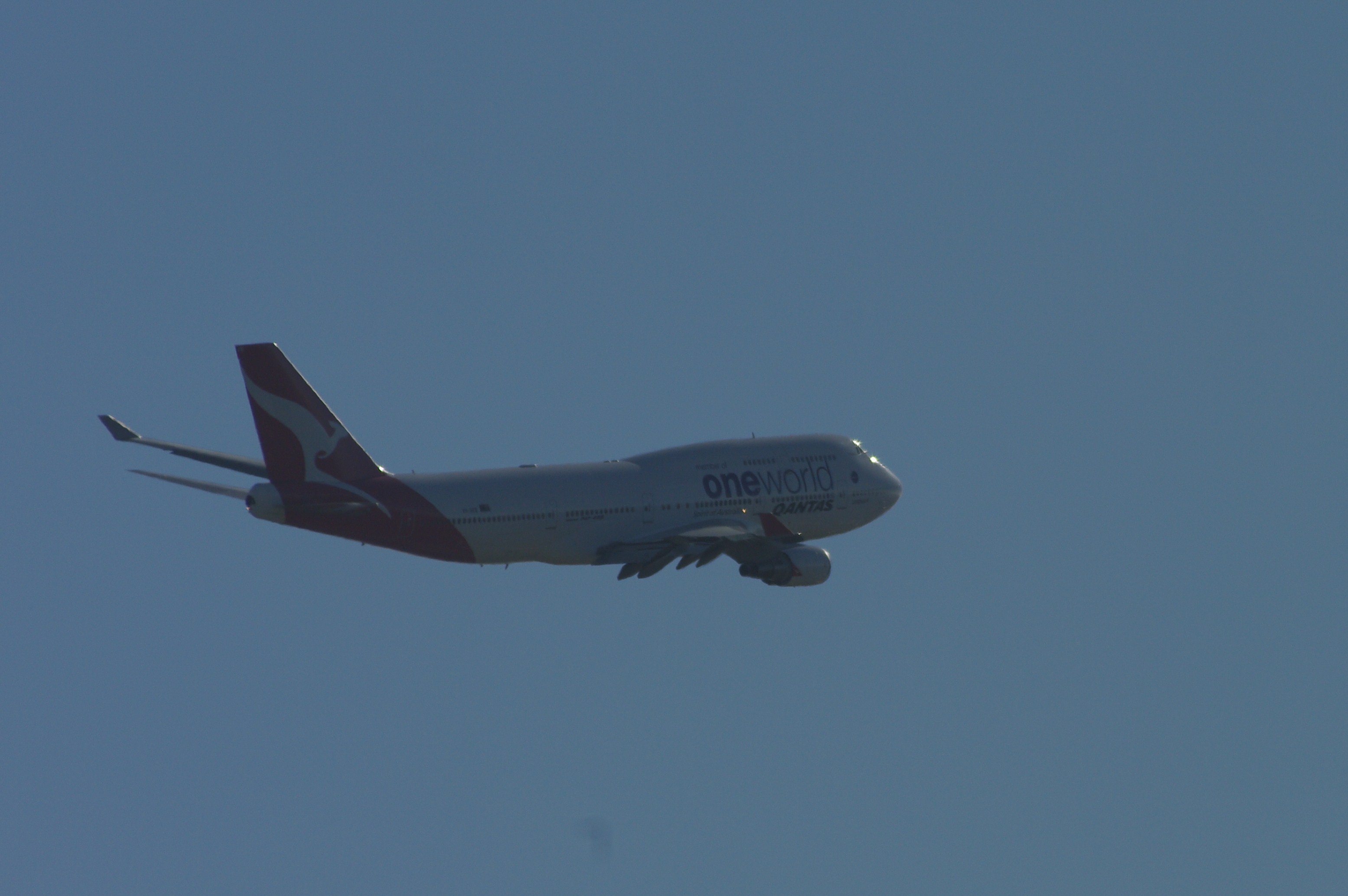 |
| Image source: Wikimedia Commons |
Showing posts with label aviation. Show all posts
Showing posts with label aviation. Show all posts
August 17, 2012
Trading aviation emissions – Part 3: Australia outlines its position
April 28, 2012
Trading aviation emissions - Part 2
 |
| Image source: Department of Infrastructure and Transport |
February 1, 2012
Trading aviation emissions
 |
| Image source: Department of Infrastructure |
November 1, 2011
Low Flying Kangaroo
The dispute between Qantas and unions can be seen in the context of Qantas’ attempts to remain viable in a highly competitive domestic and international aviation environment. This article examines some of the sources of these competitive pressures and the strategies that Qantas has adopted, or proposes to adopt, in responding to this environment. It finds that these strategies are broadly akin to those that Australian companies in other sectors have adopted when faced with similar circumstances.
Subscribe to:
Posts (Atom)
